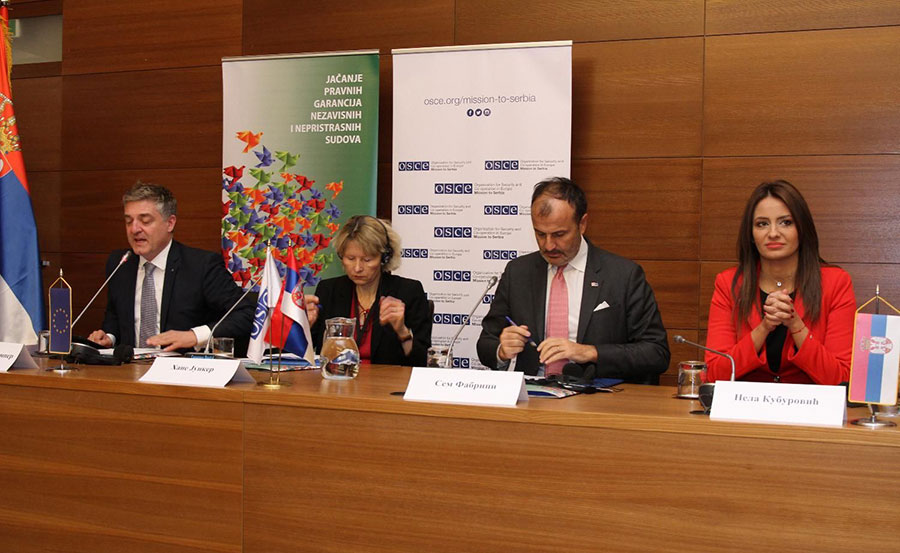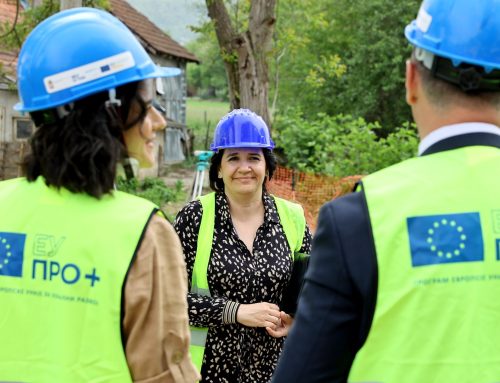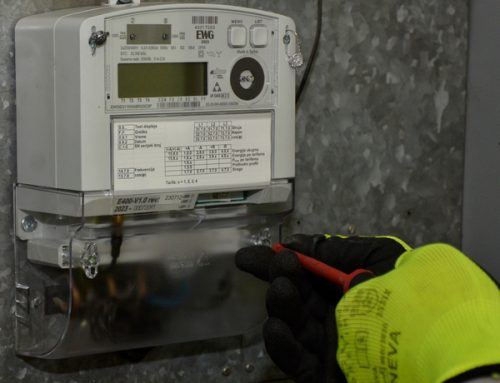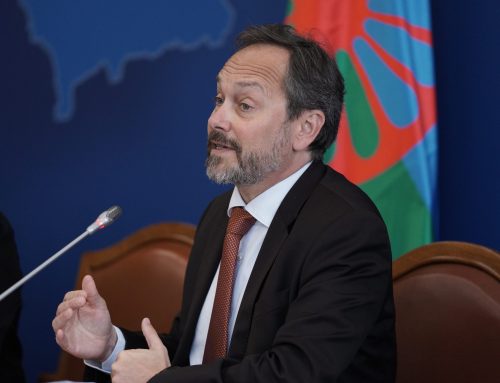Speaking at a conference dedicated to judiciary independence, Minister of Justice of Serbia Nela Kuburovic announced that the National Assembly of Serbia will start its constitutional amendments consultations in early 2019.
The conference is a part of joint programme EU-Council of Europe programme Horizontal Facility for the Western Balkans and Turkey, carried out by the Council of Europe, with a view to the capacity of the High Court Council and the Public Prosecutors’ Council so the citizens could get independent and unbiased judges and prosecutors.
The project runs for 22 months, through 28 February 2019, with a budget of USD400,000.
Minister Kuburovic pointed out that judges must not feel insecure and cannot be pressured with sanctions or rewards and added that she expects “the influence on the legislative and executive arm and the mistrust in all three branches of government to be overcome.”
Head of Delegation of the EU to Serbia Sem Fabrizi pointed out that the rule of law is the backbone of any modern and pluralistic society and is always under pressure in the EU and beyond. He said that all countries must resist endangering the rule of law because it is an essential ingredient of and a condition for progress.
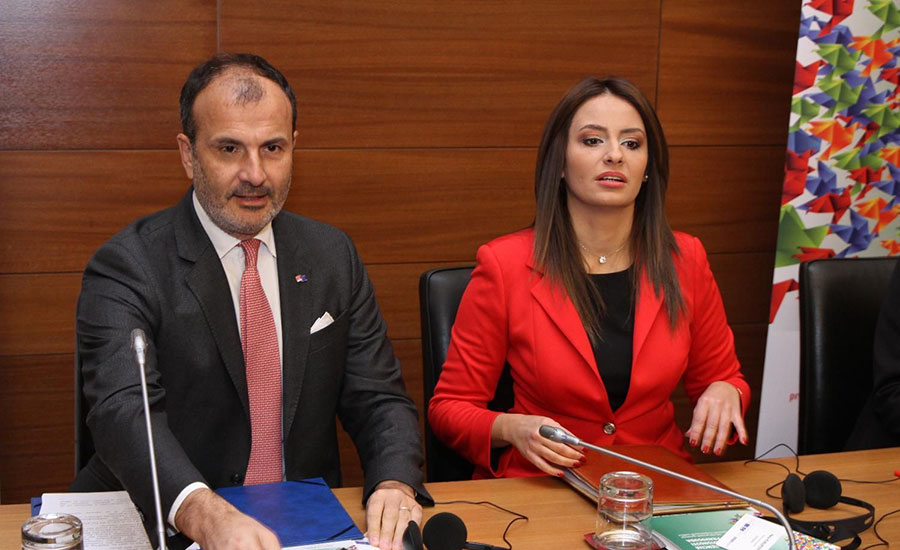
Fonet
He added that the independence of judiciary must be ensured on both personal and institutional level, which is why the EU will continue to closely monitor the developments in Serbia and the ongoing constitutional reform. Fabrizi said that independence cannot exist on its own and that judges must be take responsibility for their work.
Head of the OSCE mission to Serbia, Andrea Orizio, expressed his belief that the “independence and efficiency will become a new climate in Serbia” once the constitutional reform is completed. Orizio underlined that the new climate will be reached if the principles of independence are applied “efficiently and righteously in practice.”
President of the Supreme Court of Cassation and the High Court Council Dragomir Milojevic said that the judiciary is just one of the three branches of government that cannot be completely independent from all the influences, especially social and cultural, but that it should not be verbally attacked by politicians.
Milojevic reminded that politicians publically criticise judicial decisions, which, according to him, compromises the legitimacy of judges and undermines society’s respect for the judiciary.
Tatjana Lagumdzija, a member of the Public Prosecutors’ Council said that the independence of judges and prosecutors’ work is a prerequisite for the rule of law. This is why, she said, the Institute of Commissioners for Independence, which responds whenever political or any other form of influence is exerted on the judiciary, has been established.

